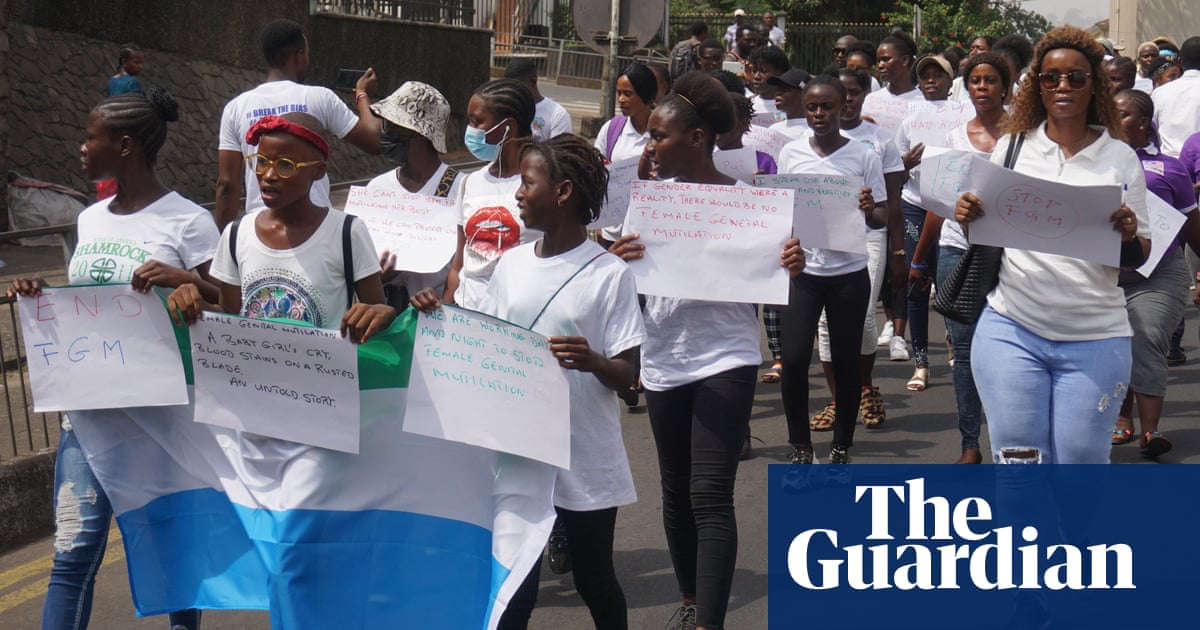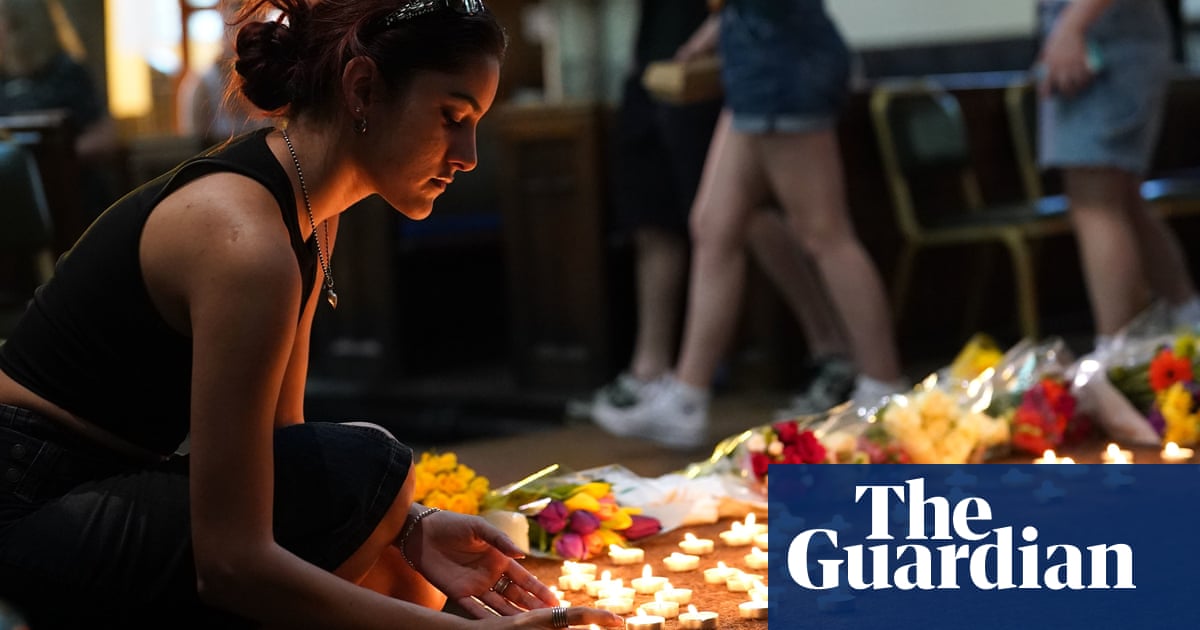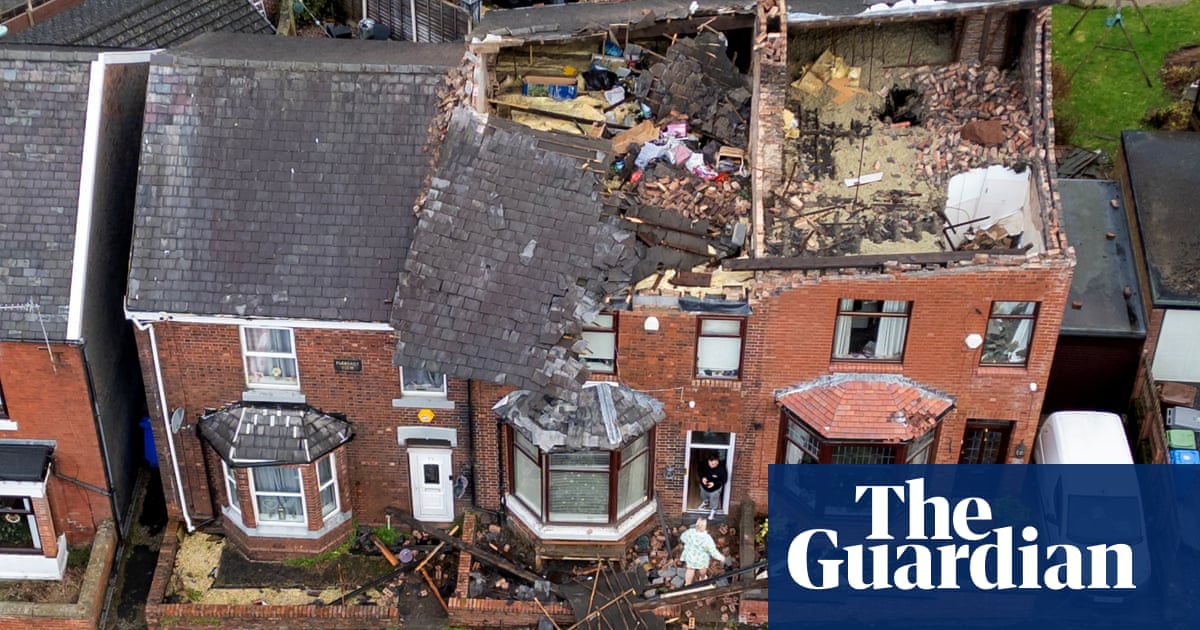
Police in Sierra Leone are investigating the deaths of three girls who underwent female genital mutilation (FGM).
Adamsay Sesay, 12; Salamatu Jalloh, 13; and Kadiatu Bangura, 17, died during initiation ceremonies in the country’s North West province last month, according to local reports.
Aminata Koroma, the executive secretary of the Forum Against Harmful Practices (FAHP), an organisation working to end FGM in Sierra Leone, said the girls’ parents and those who cut them were in police custody.
FGM involves the partial or total removal of the external female genitalia, and is considered a violation of women’s and girls’ human rights. In 2012 the UN passed a resolution to ban it, but it is still practised in about 30 countries.
Unicef will publish new figures on its global prevalence next month, but current estimates show at least 200 million women and girls have been subjected to FGM.
Despite calls from activists and human rights advocates for the practice to be criminalised – including from the UN special rapporteur on violence against women and girls – it remains legal in Sierra Leone. A national survey in 2019 found that 83% of women had undergone FGM, a slight drop from 90% in 2013.
The procedure is part of a traditional initiation ritual that marks a girl’s entry into womanhood. It is carried out by soweis, senior members of the all-women Bondo secret societies.
FAHP is lobbying for a law that would criminalise FGM, and is working to promote alternative rite-of-passage ceremonies that forgo the practice. Last year, the organisation piloted FGM-free initiation ceremonies in three districts, and it hopes to extend the trial to two more this year. “The results have been very encouraging,” said Koroma.
“There are many positive aspect of the Bondo societies,” she said. “They teach girls about medicinal properties of plants and pass down the history of our culture. Our slogan is, ‘Say yes to Bondo, no to cutting.’”
Research has found that the most effective FGM-free ceremonies are still those facilitated by the soweis.
“When we meet with soweis they often say that FGM is an important source of income for them,” Koroma said. “Families can spend between $300 and $400 on the whole ceremony, which lasts three weeks. We have to be able to replace it with something else.”
She added: “People’s minds about FGM are changing but it is a gradual change. I don’t think I will see FGM completely eradicated in my lifetime, but I am very optimistic about the new generation. They will be the ones to end it.”
In 2021, Maseray Sei, 21, from Bonthe district in southern Sierra Leone died from complications after undergoing FGM. A practitioner was charged with manslaughter but the case was dismissed due to an error in a medical report on Sei’s death.
Divya Srinivasan, who leads on ending harmful practices at the NGO Equality Now, said: “It is completely unacceptable that despite women and girls continuing to die from FGM in Sierra Leone, there remains complete apathy from the government and an unwillingness to take desperately needed action to prevent these deaths or prohibit the practice.”












